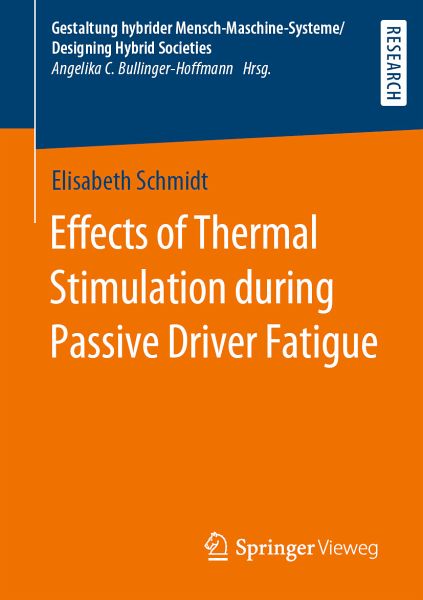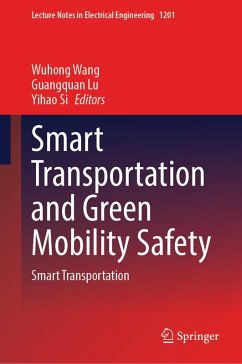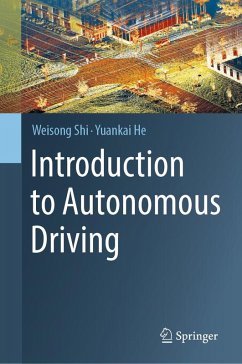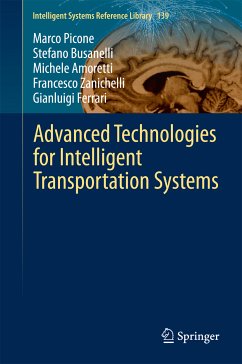
Effects of Thermal Stimulation during Passive Driver Fatigue (eBook, PDF)
Versandkostenfrei!
Sofort per Download lieferbar
Statt: 69,54 €**
56,95 €
inkl. MwSt.
**Preis der gedruckten Ausgabe (Broschiertes Buch)
Alle Infos zum eBook verschenkenWeitere Ausgaben:

PAYBACK Punkte
28 °P sammeln!
Contains results of four driving simulator studies.
Dieser Download kann aus rechtlichen Gründen nur mit Rechnungsadresse in A, B, BG, CY, CZ, D, DK, EW, E, FIN, F, GR, HR, H, IRL, I, LT, L, LR, M, NL, PL, P, R, S, SLO, SK ausgeliefert werden.












